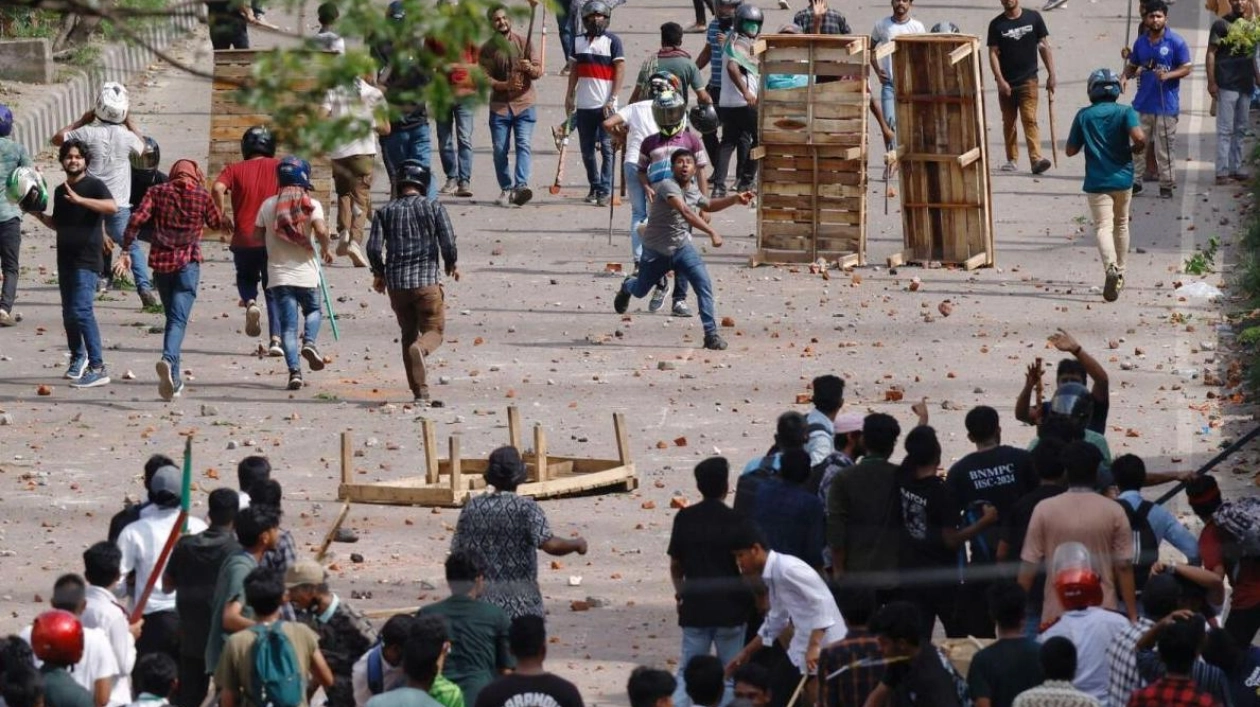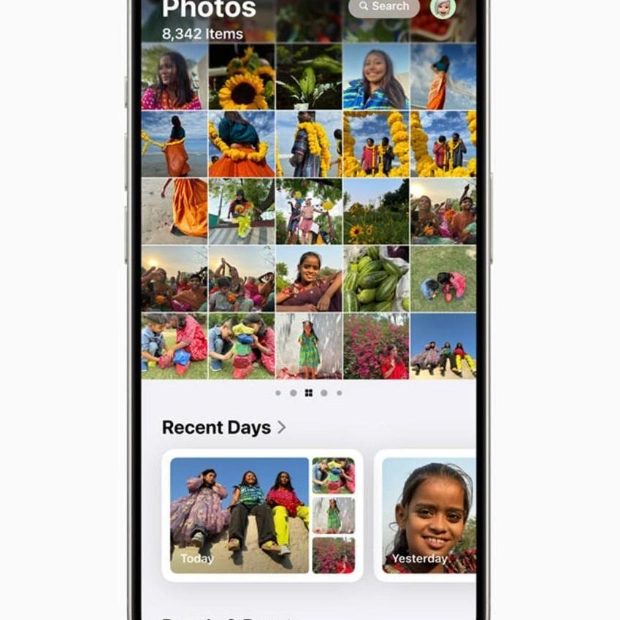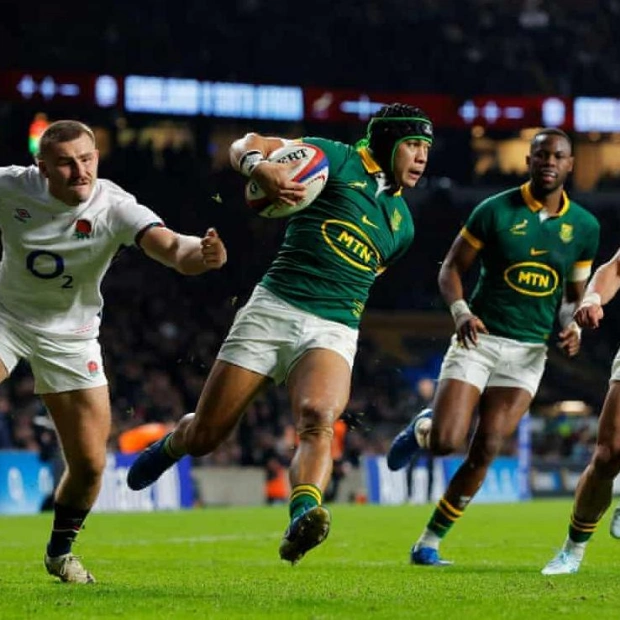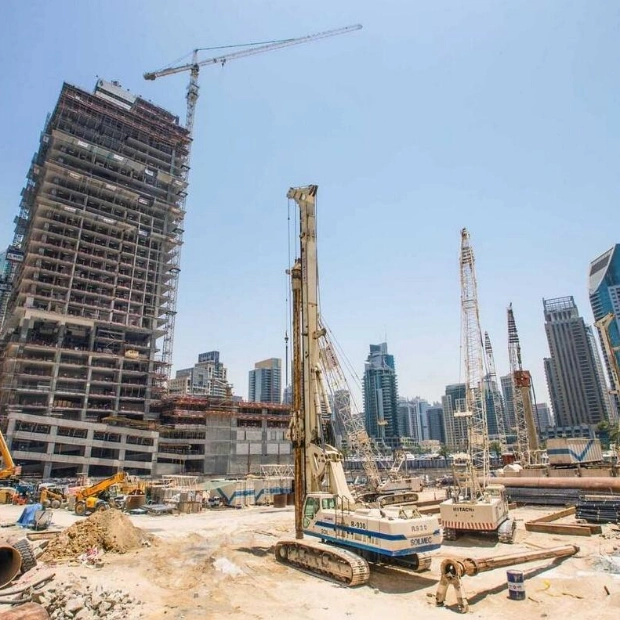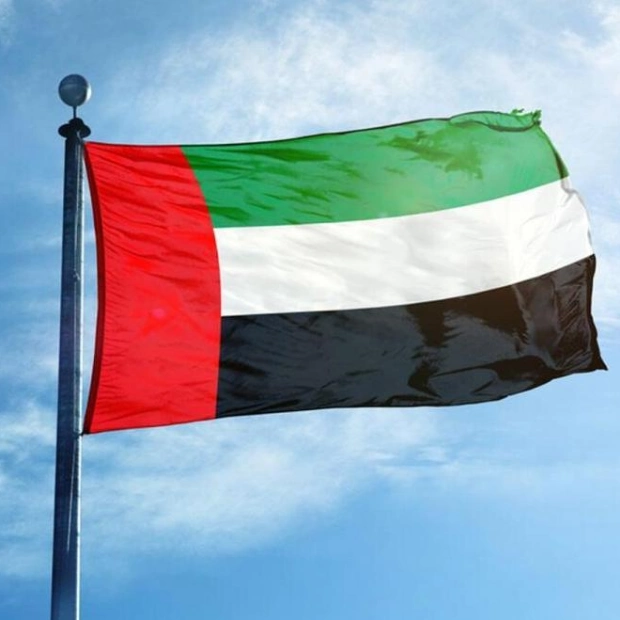On Thursday, Bangladeshi students pledged to persist with their nationwide demonstrations against the civil service recruitment policies, dismissing a conciliatory gesture from Prime Minister Sheikh Hasina, who promised justice for the seven individuals killed during the protests. Hasina's administration has ordered the indefinite closure of schools and universities and intensified efforts to quell the weeks-long protests calling for equal access to public sector jobs.
Riot police have used tear gas and rubber bullets to disperse the crowds, while protesters and students aligned with the ruling Awami League have engaged in street battles using bricks and bamboo rods. In a televised national address, Hasina denounced the 'murder' of protesters and vowed to hold accountable those responsible, irrespective of their political affiliations.
However, Students Against Discrimination, the leading force behind the recent rallies, deemed her statements insincere and encouraged supporters to continue their efforts. Asif Mahmud, a coordinator of the protests, told AFP that Hasina's remarks did not acknowledge the violence perpetrated by her party activists. The group urged Bangladeshis to participate in a nationwide shutdown on Thursday by closing shops and staying home in preparation for further planned protests.
The call for a shutdown was largely heeded in Dhaka, with the city's typically congested roads virtually empty. Dhaka residents also reported significant mobile internet disruptions on Thursday, following the blocking of Facebook by internet providers, which had been a crucial organizing tool for the protest campaign. Police confirmed the death of a seventh protester, an 18-year-old who was struck by rubber bullets and died before reaching the hospital, according to police inspector Bacchu Mia.
Over 500 people were injured in clashes across the country on Wednesday, with six additional fatalities on Tuesday. Hasina's address did not explicitly assign blame for the deaths, but accounts from hospital officials and students suggest that at least some victims were killed by police using non-lethal weapons. Amnesty International has cited video evidence from recent clashes indicating that Bangladeshi security forces used unlawful force.
Overnight clashes included a confrontation on the outskirts of Dhaka between police and over 1,000 protesters who set fire to a toll booth. Deputy police commissioner Iqbal Hossain reported that officers eventually dispersed the group using rubber bullets and tear gas. The core of the protests revolves around the demand to abolish the quota system for government jobs, which critics argue unfairly advantages members of Bangladesh's ruling party.
